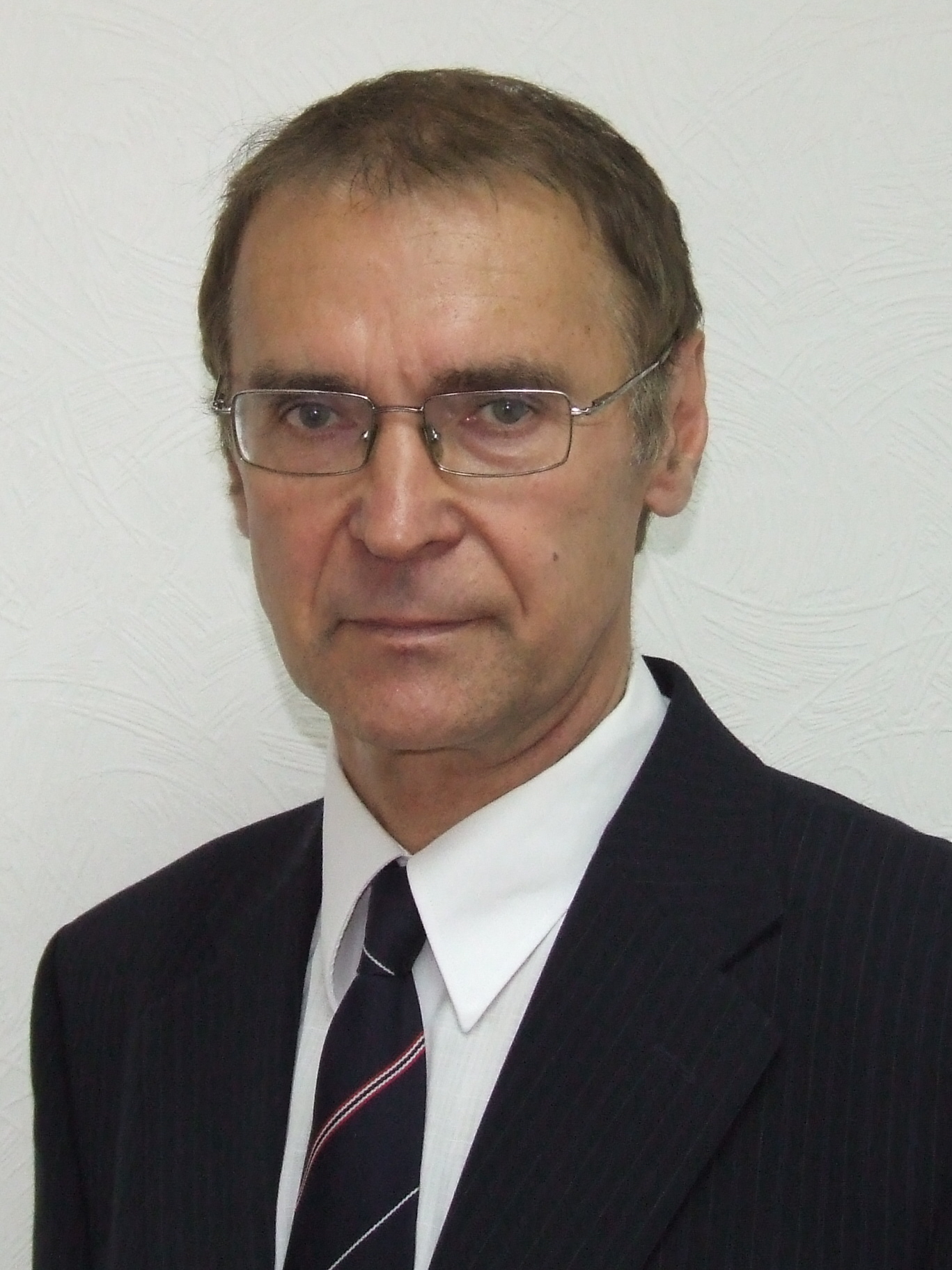The Research Laboratory as part of the CITS Department has been operating since 2020.
The main directions of scientific activity
carrying out research and development work to create competitive products in the field of high-speed specialized digital computing structures for image processing, deep learning neural computing systems, intelligent data processing;
- conducting specialization of teachers and correction in the training of specialists associated with the development and intellectualization of the national economic and defense sector associated with the use of UAVs. Manufacturing of a working sample of a software and hardware complex for the detection and direction finding of civilian drones;
modernization of the laboratory base of the department of KITS, with the help of which it is possible to convey to students the results of scientific and technical achievements in the field of intelligent technologies associated with the rapid development of both quantitative and qualitative segment of the development of technologies based on UAVs.
Educational process
The results of the activity are used when reading the training courses “Neural Computing Structures”, “Intelligent Data Processing”, “Methods of Computational Intelligence”, “Methods of Deep Learning in Information Processing Tasks”.
Materials are used in the preparation of master’s theses: “Neurometric forecasting of non-stationary series”, “Robust Learning for Feedforward Artificial Neural Networks”, “Neural network pattern recognition based on artificial neural networks,” “Recognition of noisy objects based on the perceptron”.
Main scientific achievements
Applied research work “Axon”.
A working sample of the civil drone detection and direction finding complex has been manufactured. A working sample of the civil drone detection and direction finding complex has been manufactured. The complex operates on the principle of radio frequency scanning of airspace. The complex consists of two separate blocks and a laptop. The laptop is connected to them using a twisted pair via the 485 interface. Each of the blocks, in turn, consists of an antenna module and a radio frequency scanning module. Scanning is performed in the ranges set aside for control of civilian UAVs. Each block operates in its own frequency range. Each of the antenna modules consists of a matrix of multidirectional elementary antennas. Signals from them are processed in parallel in the processing channels. By the ratio of the signal values at the outputs of all channels of the laptop, the direction to the UAV is determined. And on his screen it is displayed in coordinates: azimuth, angle of space.
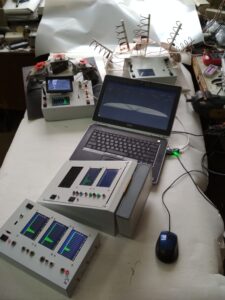
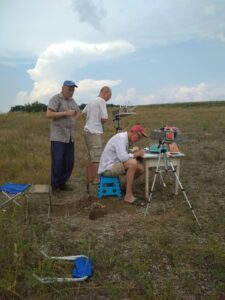
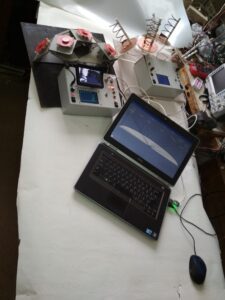
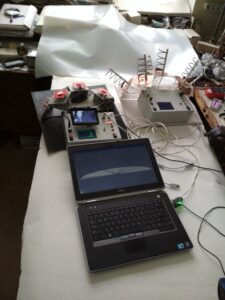
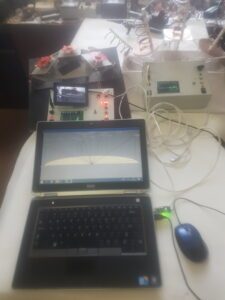

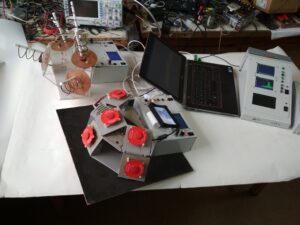
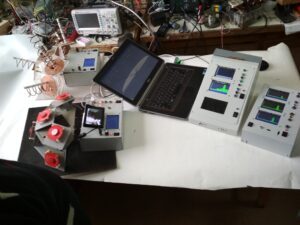
Publications:
- Корабльов М.М. Фомічов О.О. Класифікація об’єктів на основі моделі деревовидної штучної імунної мережі. Україна, Харків. Сучасні інформаційні технології і системи: монографія / за заг. ред . В. С. Пономаренка. Видавництво «Стиль-іздат», 2021. – С. 75-90.
- RudenkoO., Bezsonov O. Robust Training of ADALINA Based on the Criterion of the Maximum Correntropy in the Presence of Outliers and Correlated Noise Proceedings of the 5th International Conference on COLINS 2021. Volume I: Workshop. Kharkiv, Ukraine, April 22-23, 2021, CEUR-WS.org, online, 2021. P. 1694-1705
- Yakovliev D. Rudenko O., Bezsonov O. Face Recognition in the Presence of Non‐Gaussian Noise Proceedings of the Fourth International Workshop on Computer Modeling and Intelligent Systems (CMIS-2021). Zaporizhzhia, Ukraine, April 27, 2021, CEUR-WS.org, online.-p.169-181

